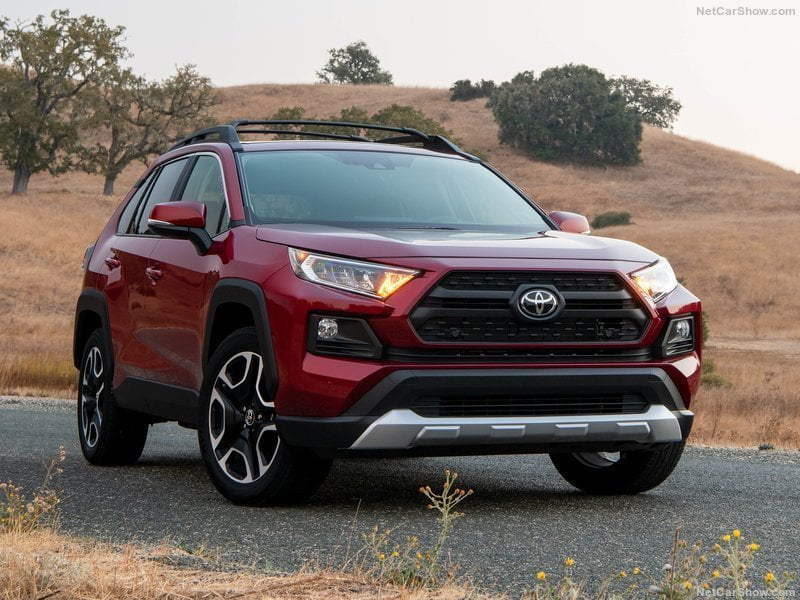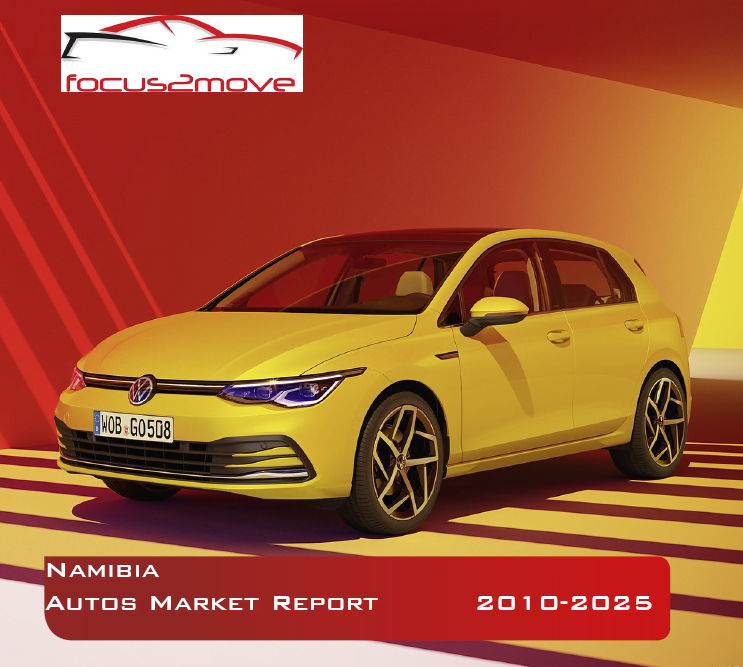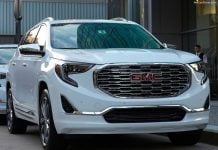Namibian Auto Market kept the negative pace in the 2018 signing the fourth annual decline in a row with 11.863 sales (-11.6%). Toyota lost 8.1% but still holding 42.4% of market share, while Volkswagen widened the gap from Nissan.
The Namibian economy, after strong growth averaging 5.6% between 2010 and 2016, driven by high public spending, construction of new mines, and favorable commodity prices, has entered a recession. Real GDP growth contracted by 0.9% in 2017 and an estimated 0.1% in 2018, thanks to domestic and external factors, including a sharp reduction in public spending necessitated by falling revenues and weak growth in trading partner economies and subdued household demand.
With increased deficit financing requirements, public debt stock rose from 29.5% of GDP to 42% in 2018, 64% of which is domestic. The surge in domestic borrowing has exerted pressure on the small domestic debt market, with the risk of crowding out private credit.
Namibian new vehicles market grew up substantially in the period 2008-2014 hitting a record of 21.836 units, before to start declining with four years in a row. Indeed, in 2018 figures were at 11.863, down a disappointing 11.6% from the previous year.
The competitive landscape was dominated by Toyota keeping a safe gap from the followers, with 42.4% of share, closing the year with 5.023 units sold (-8.1%). In second place Volkswagen with 1.751 (+4%) followed by Nissan with 1.353 (-4.1%) and all the others.
Market Outlook
After hitting the All-time record in 2014, the Namibian market embarked on a negative pathway signing four years of decline in a row. However, the market is seen to be uncertain during the 2019-2025 period of time, when a recovery will be achieved but not with the hoped speed.
Being interested to know more, give a look at this updated research. Clicking on the picture, you can see contents.











